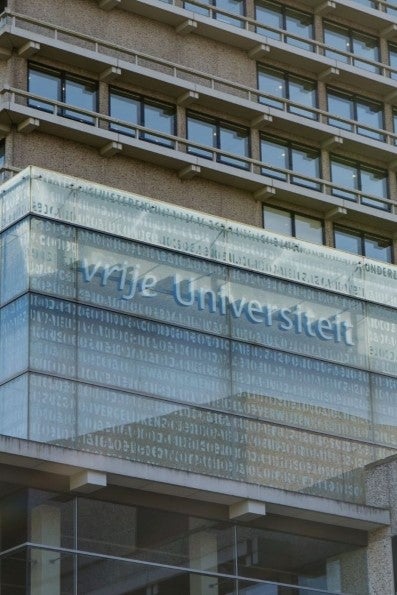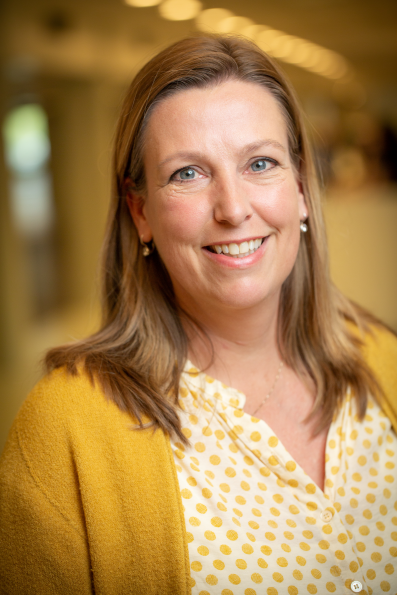Each faculty at VU Amsterdam has implemented the VU Education Quality Plan in its own way, tailored to its unique context.
Junior lecturers
Several faculties have primarily chosen to invest in junior lecturers for teaching. These recent graduates bring fresh energy and enthusiasm to teaching and educational innovation, while staying closely connected with students who are just starting their studies. This approach was particularly endorsed by the Faculty of Law, the Faculty of Behavioural and Movement Sciences, and the Faculty of Science. Thanks to good mentoring, such as through the junior lecturers’ programme, education has benefited significantly. In this programme, these junior lecturers achieved their University Teaching Qualification (UTQ) while actively exchanging knowledge and experiences and sharing educational innovations.
Active Blended Learning and Interdisciplinary Education
Other faculties have also focused on directly promoting educational innovation, with the aim of strengthening active blended learning and developing learning pathways. This has been a particular focus for the Faculty of Social Sciences (FSS), the Faculty of Medicine, the Academic Centre for Dentistry Amsterdam (ACTA), and the School of Business and Economics (SBE).
FSS, for example, has invested heavily in renewing its Bachelor’s and Master’s programmes, with interdisciplinarity as a core element. All students in the faculty follow several shared courses. In addition, transdisciplinary education has been developed, where students collaborate with external stakeholders. A notable example is the new Professional Anthropology track, which strengthens the connection to the job market. Furthermore, many programmes have adopted the use of the R programming language to better meet the demands of professional academic practice.
Moreover, the faculty, like SBE, has appointed a team of active blended learning specialists who directly support lecturers. An innovation fund has also been established, allowing lecturers to apply for funding for their innovative ideas. For example, FSS has developed educational games, some supported by an app. Another interesting innovation was the development of avatars to practise communication skills. ACTA and SBE have also used funds to renew their curricula significantly. ACTA’s curriculum has become much more competency-based, and Team-Based Learning has been introduced as a form of active blended learning. At SBE, the Business Administration curriculum has been completely reorganized.
Text continues below the projects carousel.

